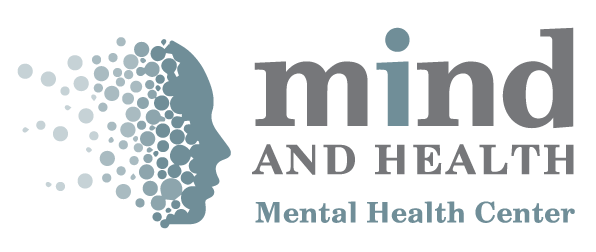Philosophy and Belief
We believe that individuals’ well-being is closely tied to their ability to engage in meaningful activities and participate fully in their daily lives. As occupational therapists, we understand the importance of empowering individuals to achieve their maximum potential.
Our Approach
Applying evidence-based practices, we collaborate with clients to assess their unique needs, capabilities, and goals. We emphasise the significance of enabling individuals to lead independent and fulfilling lives.
Services Offered
- Occupational Assessments: Conducting comprehensive assessments to understand clients’ specific functional needs.
Depending on the needs of the patient, occupational therapy can be offered individually, in groups, or systemically (e.g., to family members). Depending on the injury, the skills, and the goals of each client, occupational therapy interventions can aim to:
- Develop or maintain the client’s basic skills, necessary for performing daily life activities.
- Skills: Motor, Social interaction, Processing (Cognitive-perceptual)
- Training of new techniques and strategies for the patient, for successful execution of daily life activities/change in the way of performing activities.
- Adaptation and modification of the environment where the patient lives and interacts, aiming to eliminate barriers and promote accessibility and safety.
- Training in the use of adaptive/specialized equipment and assistive technology (such as shower chairs, orthosis construction, wheelchairs, equipment for dressing and feeding).
- Education and counselling for caregivers, family members, school or work staff.
- Development of a structured, healthy, balanced, and productive routine. (AOTA, 2022)
Our Goal
Through our occupational therapy services, we aim to empower individuals to overcome obstacles, improve their quality of life, and enhance their participation in daily activities.
Achieve Independence and Fulfilment
Fostering independence and well-being enables individuals to lead more fulfilling and meaningful lives. Join us on a journey of growth, understanding, and unity with Occupational Therapy Services.
